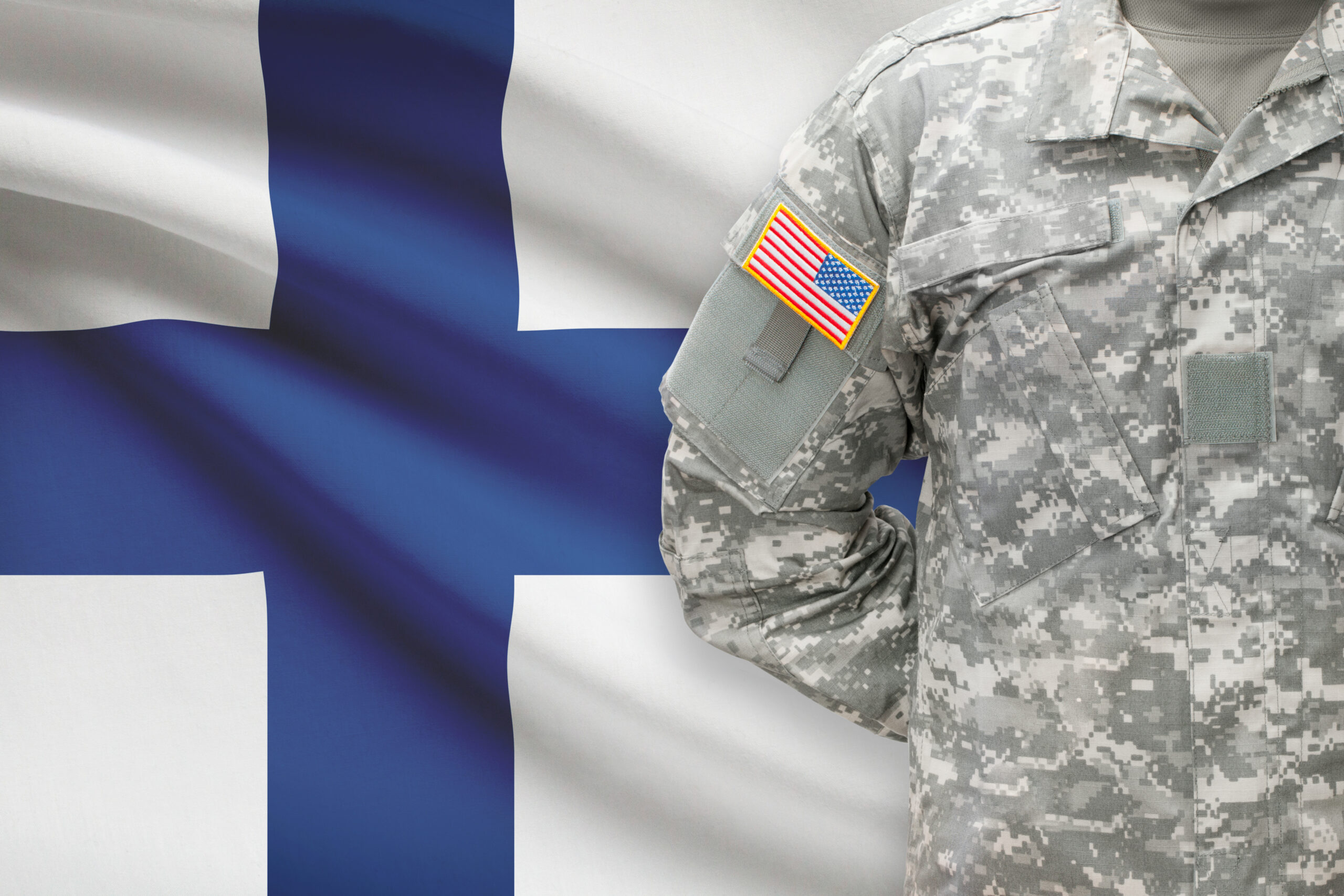The recent accession of Finland as the 31st member of NATO has sparked discussions on the potential implications for the geopolitics of the region. In this blog post, we will examine the impacts of Finland’s NATO membership on its border with Russia, the changes in military capabilities, and the possibility of increased aggression from Moscow. Through an educated and comprehensive analysis, we will shed light on the intricacies of this development and its significance on the global stage.
Border Length with Russia and Geopolitical Considerations
Finland shares a 1,340-kilometer (about 833 miles) border with Russia, making it NATO’s longest direct border with the Russian Federation. As a result of this geographic reality, Finland’s NATO membership fundamentally alters the strategic landscape for both parties. For NATO, this expansion to the east strengthens its presence and ability to monitor and react to any potential threats from Russia. Conversely, Russia now faces the challenge of having an even larger NATO border to contend with, increasing the pressure on its military resources and strategic planning.
Shifts in Military Capabilities
Finland’s accession to NATO means that it will have access to the resources and collective defense capabilities of the alliance. Consequently, the Finnish military will be bolstered through increased interoperability, joint exercises, and intelligence sharing with its NATO counterparts. This development could prompt Russia to reassess its military strategies and consider expanding its defense capabilities in the region, potentially leading to an arms race or increased military presence near the Finnish-Russian border.
Potential for Russian Aggression
Finland’s NATO membership may exacerbate existing tensions between Russia and the Western alliance, increasing the likelihood of aggressive behavior from Moscow. Russia could perceive Finland’s accession as a direct threat to its national security and sovereignty, prompting it to adopt a more assertive stance or undertake covert operations in the region. It is essential for both NATO and Russia to engage in dialogue and maintain open channels of communication to prevent misperceptions and unintended escalations.
Regional Security and Global Implications
The broader implications of Finland’s NATO membership hinge on how Russia responds to this development and the subsequent actions taken by NATO. While increased cooperation between Finland and NATO could deter further Russian aggression in the region, it could also provoke a more assertive response from Moscow, potentially destabilizing the security situation in Northern Europe. Maintaining a balance between deterrence and diplomacy will be crucial for ensuring regional stability and avoiding further escalation of tensions.
Finland’s accession to NATO is a significant milestone with far-reaching consequences for its border with Russia, military capabilities, and the potential for increased aggression from Moscow. By understanding the historical context and examining the potential outcomes, we can better anticipate the evolving geopolitical landscape. As the situation unfolds, it is crucial for all stakeholders to work towards reducing tensions, promoting dialogue, and fostering a more stable and secure environment in the region and beyond.

